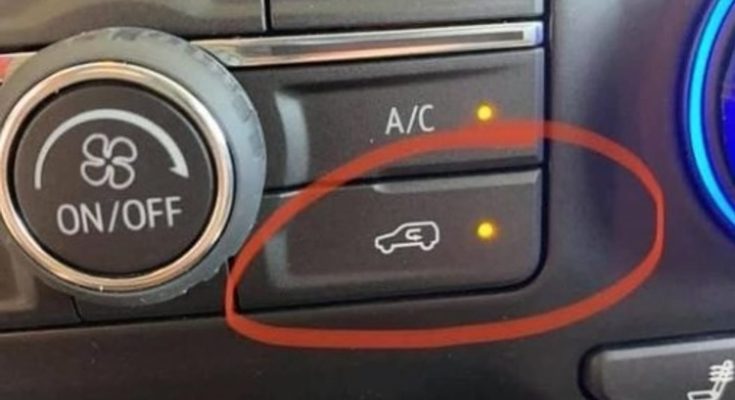In the intricate dashboard landscape of modern vehicles, amidst an array of buttons and symbols, there exists a seemingly unassuming yet vital control – the air recirculation button. While it may not seize the spotlight like the air conditioning controls, the air recirculation button plays an indispensable role in upholding cabin comfort and air quality. In this article, we delve into the mechanics and virtues of this unassuming button, shedding light on its significance, especially in scenarios relevant to the insurance niche.
Explore the Inner Workings of Your Vehicle’s Air Recirculation Button
Most drivers interact with it without fully understanding its purpose – the air recirculation button, a modest yet influential component of your car’s climate control system. As you navigate the intricate dashboard of modern vehicles, filled with an array of buttons and symbols, this button quietly awaits activation.
The Air Recirculation Button: A Breath of Fresh Air
Within the domain of automotive controls, the air recirculation button emerges as a stalwart guardian of in-cabin air quality. Often symbolized by an icon featuring a car with a curved arrow, its mission is clear: to keep the air within the vehicle circulating, eschewing the inflow of external air. As per insights from Eden Tyres & Servicing¹, activating the air recirculation button serves as a practical means to recirculate the air already ensconced within the cabin. This, in turn, directs the air conditioning system to cool the pre-chilled interior air, rather than expending energy on continuously cooling incoming hot air.
The underpinning principle extends beyond mere temperature comfort; it’s all about enhancing efficiency. When the air conditioning is engaged and the recirculation mode is in operation, the system excels in rapid cooling with diminished exertion, ultimately translating into heightened fuel efficiency. Moreover, this mode functions as a protective shield against outdoor pollutants, exhaust emissions, and allergens, thus fostering a cleaner and healthier environment for the vehicle’s occupants. In the insurance niche, recognizing the significance of these nuances can be pivotal in ensuring comprehensive coverage for both the vehicle and its passengers.
Mastering the Air Recirculation Button
The seemingly unassuming air recirculation button conceals the potential to revolutionize your driving experience. Equipped with a comprehensive understanding of its functionalities and advantages, you can harness its capabilities adeptly, ushering in a cabin environment that is both cleaner and more comfortable. Simultaneously, you contribute to enhanced fuel efficiency and the preservation of your vehicle’s long-term well-being. Whether contending with urban pollution, circumventing unwelcome odors, or conquering extreme weather conditions, the air recirculation button emerges as an indispensable tool for every contemporary driver. Thus, as you embark on your next journey along the open road, armed with this knowledge, don’t hesitate to engage that button and embrace the invigorating, pristine air that envelops you.


